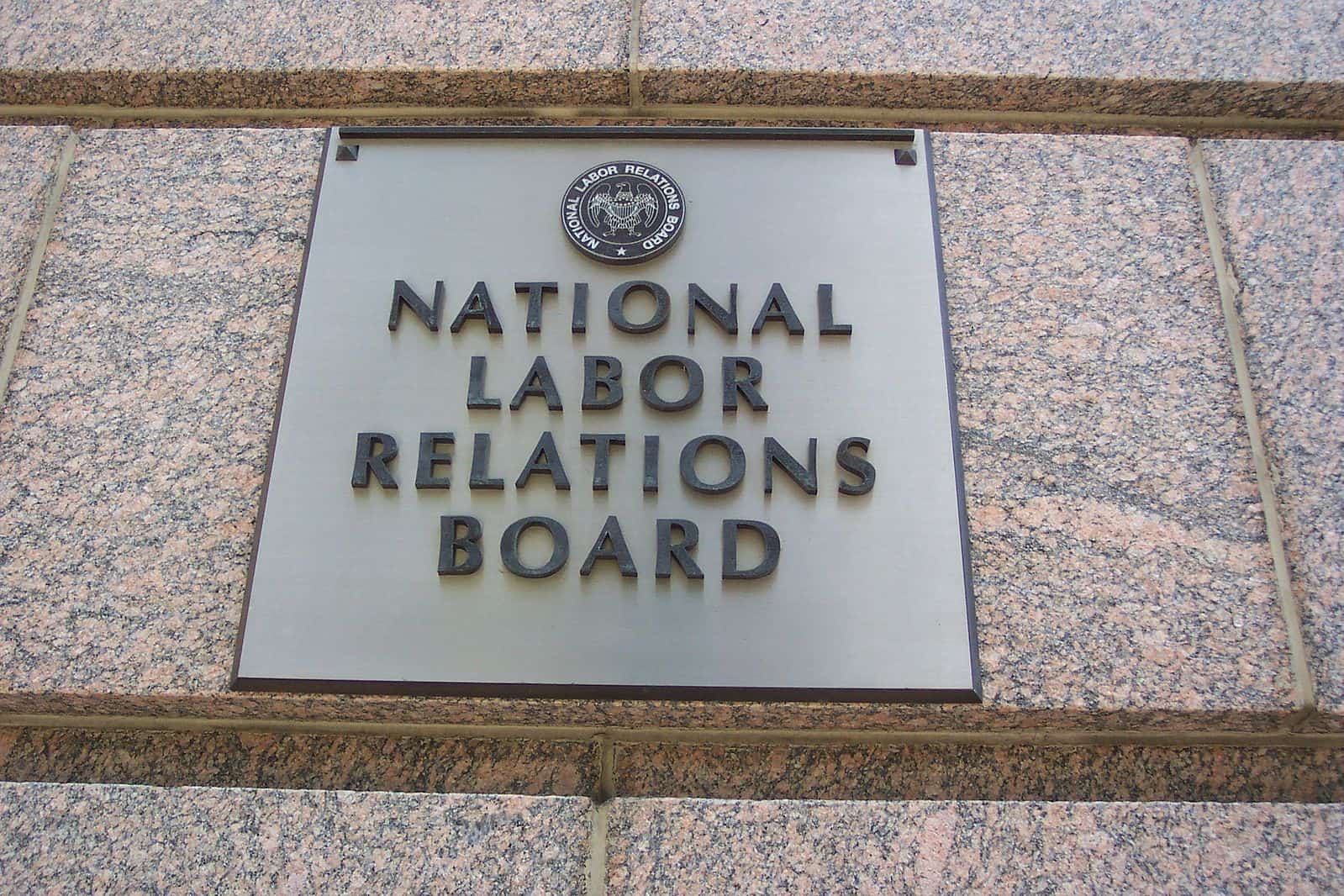
Fred Messner is a student at Harvard Law School.
The New York Times published a recap and analysis of President Biden’s “multitrillion-dollar suite of economic proposals” aimed at reinforcing, and reconstructing, the American middle class. The Administration, the Times reports, is capitalizing on rising support for public investment to advance two primary initiatives, the $1.8 trillion American Families Plan, which focuses on support for working parents, and the $2.3 trillion American Jobs Plan, the Administration’s marquee infrastructure bill. Alongside the President’s vocal support for labor unions, which Kevin discussed over the weekend, these two proposals could form the basis of a state-led transformation of the economy on a scale not seen since at least the 1960s.
The NLRB has declined to rule on the validity of Acting General Counsel Peter Sung Ohr’s appointment, stating in an April 30th order that the issue is for the federal courts. President Biden appointed Ohr to the role after firing former NLRB General Counsel Peter Robb on his first day in office. While legal challenges to Robb’s removal and Ohr’s subsequent appointment are unlikely to find much purchase in the courts, parties have continued to raise them both as defenses to complaints brought under Ohr and as exceptions to Ohr’s withdrawal of support from complaints advanced by Robb. In this particular case, an unfair labor practice allegation by a worker against a union, Ohr withdrew support that Robb had previously extended to the worker’s complaint, drawing a challenge from the worker. Acknowledging the “obvious importance” of the issue of Ohr’s appointment, the Board nevertheless reasoned that it “[i]t is for the courts, not the Board” to pass on the validity of a Presidential appointment.
A California appellate court rejected Uber’s attempt to compel arbitration in an employment suit brought under California’s Private Attorney General Act (PAGA). In a PAGA case, an “aggrieved employee” may sue an employer for labor code violations, not in her own name but on behalf of the state. While perhaps seemingly minor, the legal fiction allows workers to avoid adhesively imposed arbitration agreements and get into court because the state, the plaintiff (technically speaking) in a PAGA action, is not bound by the worker’s arbitration agreement. Uber had argued that even if courts accept the procedural device, workers should still be compelled to arbitrate the threshold question of whether they are in fact “aggrieved employees” within the meaning of the statute. California’s Second Appellate District rejected this argument, joining a series of California courts which have refused to accept similar arguments.
Finally, The City reported on a strike ongoing at United Metro Energy, a Brooklyn-based energy company owned by talk radio station owner and former Republican mayoral candidate John Catsimatidis. The strike emerged from circumstances all too familiar to observers of twenty-first-century American labor relations. The workers, a unit of terminal operators, fleet mechanics, and service technicians, originally organized in early 2019 with the Teamsters Local 553. Since then, protracted negotiations with the company have led to “no progress, whatsoever,” with the union accusing the company of dragging out talks to avoid reaching an agreement. Since the strike launched on April 19th, the company has already told three strikers that they have been permanently replaced—a prerogative held by the employer under current law. As Tascha discussed last month, the PRO Act would remove delay tactics from employers’ arsenals by mandating First Contract Arbitration (FCA), under which either an employer or a union could seek mediation and ultimately binding arbitration from the federal government if a contract is not reached within 90 days of the start of negotiations between an employer and a newly recognized union.






Daily News & Commentary
Start your day with our roundup of the latest labor developments. See all
April 15
The Supreme Court ruled in favor of bakery delivery drivers in an exemption from mandatory arbitration case; A Teamsters Local ends its 18-month strike by accepting settlement payments and agreeing to dissolve
April 14
SAG-AFTRA wins AI protections; DeSantis signs Florida bill preempting local employment regulation; NLRB judge says Whole Foods subpoenas violate federal labor law.
April 12
The EEOC weighs in on an anti-discrimination lawsuit against Workday; a rule expanding overtime protection moves closer to publication; Amazon decreases spending on anti-union consultants.
April 11
Maine Legislature votes to grant farm workers minimum wage and labor rights; Apple store workers in New Jersey petition to unionize; and Wisconsin Governor vetoes legislation to rollback child labor laws.
April 10
NLRB general counsel vows not to succumb to pressure from SpaceX, Amazon, and others, the NLRB will seek make-whole remedies for unlawful work rules, and the LA County Federation of Labor joins the call for a ceasefire in Gaza.
April 9
UAW files for election at Alabama Mercedes plant; recent German law might boost UAW's organizing campaigns; Chicago Trader Joe's store files for election